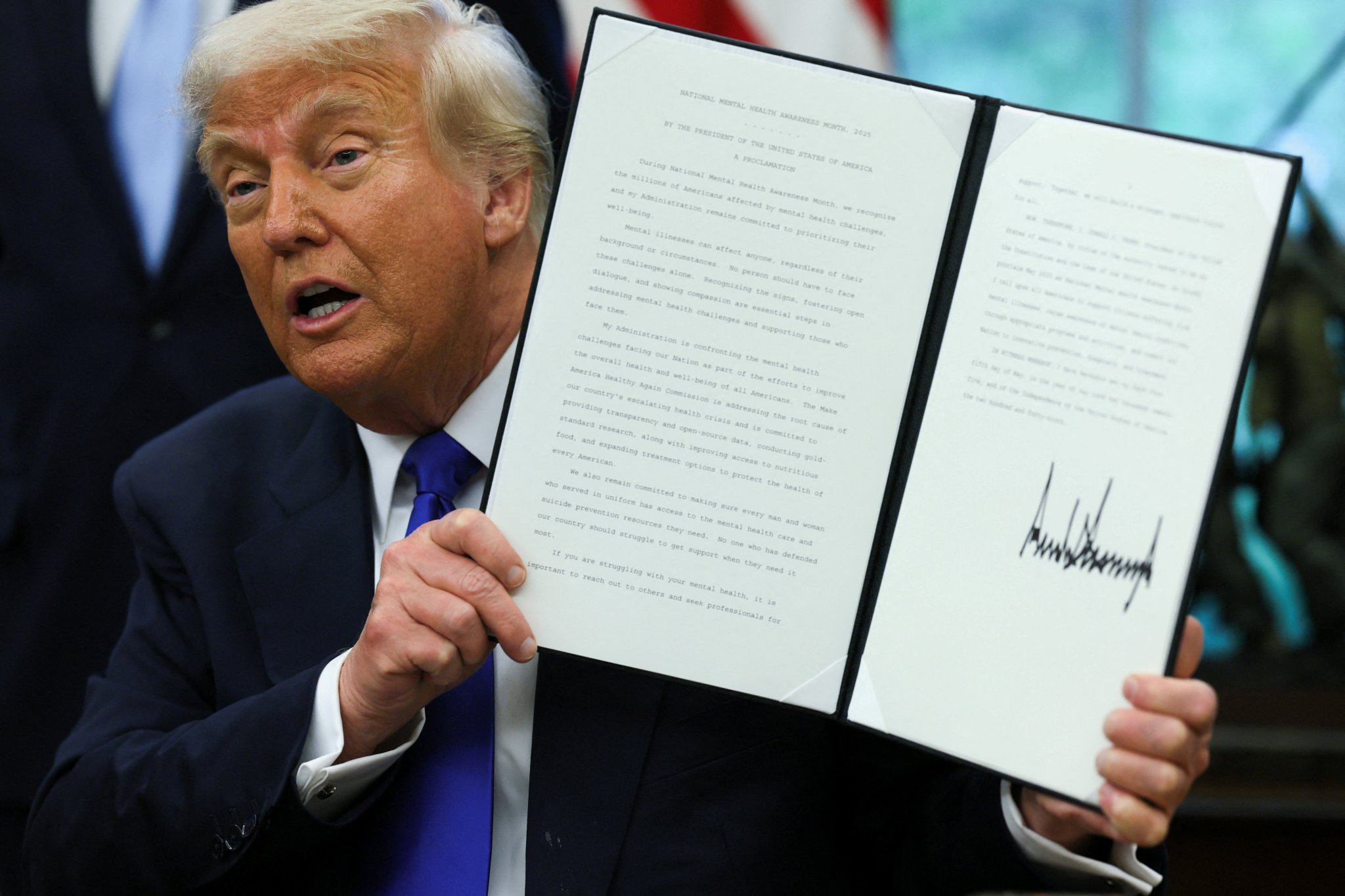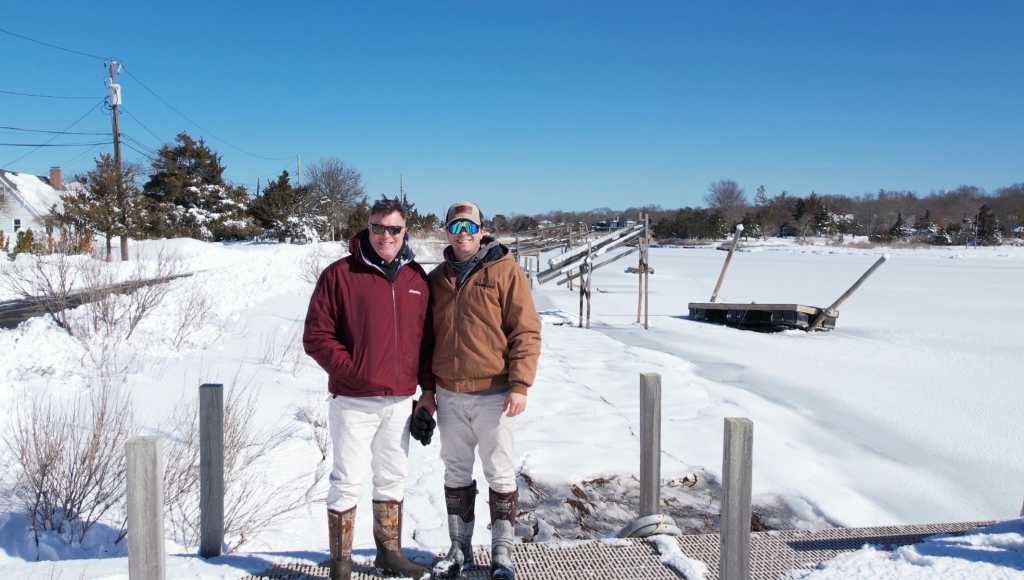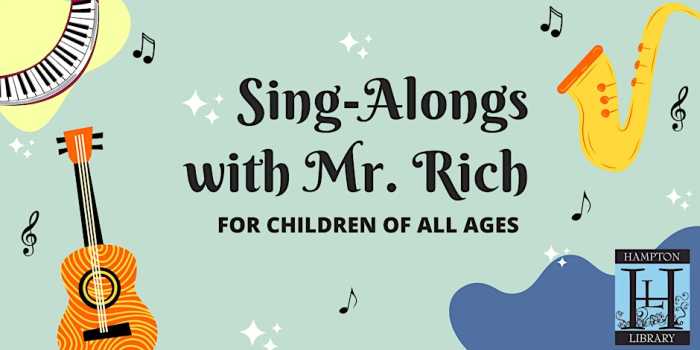Cash Chopped: Trump Executive Orders Slash Funding for East End Entities

All politics are local.
President Donald Trump recently signed executive orders that directly affected federal funding for numerous East End art centers and museums, as well as television and radio stations.
Most recently, an executive order signed on May 1 directly slashed public subsidies for Public Broadcasting Service (PBS) and National Public Radio (NPR), with the president alleging biased reporting by the networks.
“NPR and PBS have fueled partisanship and left-wing propaganda with taxpayer dollars, which is highly inappropriate and an improper use of taxpayers’ money,” a statement on the White House’s official website reads. “President Trump is working to ensure taxpayer dollars are no longer wasted on progressive pet projects, but rather used to benefit hard working Americans.”
The WNET Group, which serves the East End of Long Island through its NPR station, WLIW-FM, expressed their concerns with less funding coming from the Corporation for Public Broadcasting (CPB), a nonprofit that Congress created to ensure the survival of non-commercial media and shield it from the influence of sponsors.
“The president’s executive order to defund PBS and NPR will cause catastrophic damage to The WNET Group and the ability of our stations THIRTEEN, WLIW, WLIW-FM and NJPBS to serve the tri-state area with educational programming and services, as we have for over 60 years,” said Kellie Castruita Specter, chief marketing and communications officer for WLIW-FM. “We are currently working with NPR and PBS as they explore all options to keep our funding and to continue to serve our communities.”
WSHU, an NPR affiliate that covers Long Island and New England — one of more than 1,500 independent stations affiliated with PBS or NPR nationwide — was equally concerned, although the fallout is unclear.
“We don’t know the full implications,” said Brad Dancer, general manager of WSHU. “Roughly 6% of our revenues come from federal funding, but there are implications in music rights, satellite fees and more than could have a broader impact on us. We continue to work closely with NPR and the CPB on plans for the future.”
Both PBS and NPR have signaled their intent to challenge the executive orders in court. But they weren’t the only ones reeling from the president’s executive orders putting them on the chopping block.

The Parrish Art Museum sounded the alarm after it lost $140,000 in federal funding as a result of Trump’s executive orders. This money is directly used to fund their education programs and ACCESS Parrish program, according to the museum. The ACCESS Parrish program is an initiative that creates artistic learning experiences for individuals with special needs including those with Parkinson’s Disease.
“While we are doing all that we can to protect these programs, the sudden loss of funding means that we may need to eliminate or reduce the frequency of offerings for things like art therapy, Dance for Parkinson’s, Drumming and Painting for Alzheimer’s, Summer Camps, School Programs, After School Programs, Art in Action, Healing Through Art, Pottery for Parkinson’s and more vital programming for children, individuals, and their caregivers,” Parrish Art Museum said in a statement. “At the Parrish, we believe that we have a collective responsibility to fuel the spirit and enrich the lives of all families, individuals and children in our community — and we are working to raise funds now to close this critical funding gap and ensure that ACCESS Parrish and the Museum’s life-changing Education Programs remain fully operational and accessible to the Long Island community.”
Other arts centers, including the Westhampton Beach Performing Arts Center (WHPAC), are not directly affected by the cuts, but have expressed concern about the ramifications of the slashing.
“At first glance, it would seem that we are safe from the cuts,” Julienne Penza-Boone, executive director of WHPAC, said. “But the truth is, we do get funding from the New York State Council in the Arts. So will there be some kind of trickle down effect? Because I know that a bunch of NYSCA’s funding does come from the feds, so that’s the question mark right now for us. In general, we really rely so much on legislative grants from New York State. Suffolk County is so generous with us, as is the Town of Southampton. We’re on alert, but officially, we are cautiously optimistic.”
East End Arts in Riverhead expressed a similar sentiment.
“As of now, the federal funding cuts have not affected the funding of East End Arts & Humanities Council,” Wendy Weiss, executive director, said. “We are closely monitoring funding changes on federal, state, and local levels.”
The Long Island Arts Alliance (LIAA), which includes The Montauk Artists Association, The Montaukett Nation, East End Arts, Southampton Arts Center, and more art groups on the East End, stated both their concern and a desire to work with state and local partners to make up for any funds lost.
“To ensure Long Island’s arts community is equipped with the most accurate and timely information, we’re building on the rapid response efforts of our colleagues at the NYC Arts in Education Roundtable and other statewide and national partners,” representatives for LIAA said. “Many of the resources below were gathered through this collective effort, and we’re grateful to be part of a network working to share guidance and amplify impact in real time. Long Island Arts Alliance strongly condemns these actions and stands in solidarity with organizations affected across Nassau and Suffolk counties. We are committed to working with partners at the local, state, and national levels to protect arts funding and advocate for accountability and restoration.”







